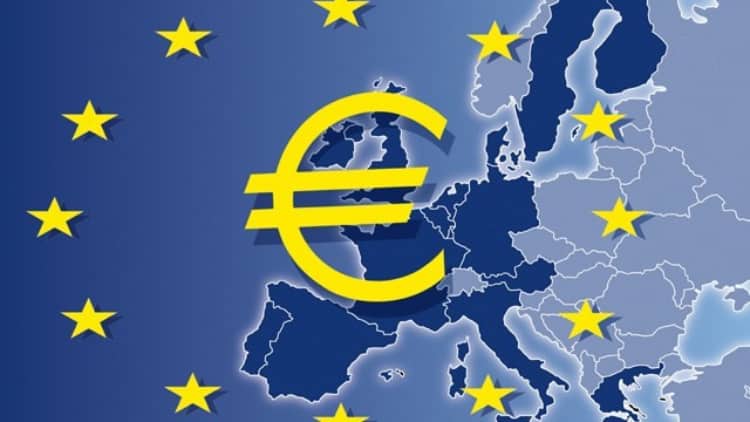The Diplomat
Crédito y Caución expects eurozone GDP to grow by 2.9% in 2022 and 2.5% in 2023, it said in a press release. By markets, the forecasts have been revised downwards by 0.4 percentage points in Germany, Spain and France and upwards by 0.3 in Italy.
The eurozone, according to these forecasts, faces a sharp divergence between a weak industrial sector, plagued by supply bottlenecks, higher input costs and weakening sentiment, and a strong services sector. Declining demand in Eastern Europe is weighing on euro area exports.
According to the latest report released by the credit insurer, spending on services will pick up in the coming months as tourism and hospitality activity normalises. In the manufacturing sector, however, problems are piling up. New orders are starting to fall and delivery times remain high as shutdowns in China are affecting the transport of key production inputs.
Companies are also reporting lower demand for goods, reflecting a shift in spending towards services. This two-speed recovery means that industrial economies such as Germany are expected to underperform more service-oriented economies. Trade will not contribute to euro area growth in the next two years, as its contribution is expected to be zero in 2022 and 2023.
Crédito y Caución expects inflation, at record highs for the past two years, to decline slightly in the second half of 2022 to 6.5%. Looking ahead to 2023, inflation is expected to stand at 1.5%, in a context of falling energy and food prices. This forecast assumes that the war in Ukraine ends in 2022, and that there are no restrictions on oil or gas. In a downside scenario, with a prolonged war and the end of Russian gas supplies, the inflation rate would be close to 5.8% in 2023.
With inflationary pressures showing little sign of abating, the ECB is leaning towards a tighter monetary policy. The Crédito y Caución report forecasts rate hikes in September and probably in December.






